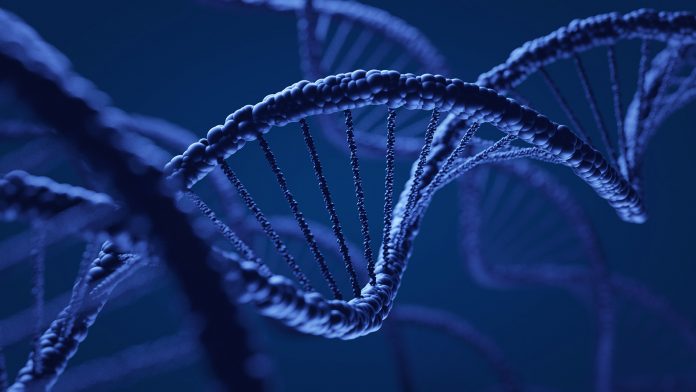
Tailoring genetic sequencing to individual patients could double the diagnostic rates of rare diseases, according to researchers from University College London.
The UK Department of Health announced the launch of the NHS Genomic Medicine Service in 2018, which allows patients with rare diseases to have their genetic code read, enabling improved rates of diagnosis.
Interpreting genetic data can be highly challenging and complex for certain people. Many people with rare diseases do not receive a molecular answer to the cause of their problems through genetic sequencing.
Researchers from the London Mitochondrial Centre at UCL Queen Square Institute of Neurology and UCL Great Ormond Street Institute of Child Health set out to improve the chances of diagnosing rare diseases through genetic sequencing.
The study was published in Nature Communications.
Rethinking approaches to genetic sequencing
The researchers tested how using a team of specialist doctors, bioinformaticians, and scientists could boost the efficacy of NHS diagnostic laboratories beyond the standard semi-automated meth of analysing data, which has typically been used.
The team re-evaluated undiagnosed cases to identify areas that might help direct further, more personalised analysis. The researchers applied additional bioinformatic approaches, using advanced computer technologies to identify genetic alterations in the DNA of patients. Finding these alterations could help clinicians find diseased that may be overlooked during routine testing.
A total of 102 undiagnosed patients were examined, each of whom was suspected of having a primary mitochondrial disease and had undergone genetic sequencing through the NHS’s 100,000 Genomes Project. This personalised approach increased the diagnostic rate from 16.7% to 31.4%. Genetic sequencing detected potentially dangerous variants in a further 3.9% of patients.
The UK is at the forefront of rare disease diagnostics
“The NHS has invested heavily in advanced genetic technologies. Consequently, the UK has established itself at the forefront of diagnostic whole genome sequencing. That said, some people with rare genetic diseases remain without a molecular diagnosis after their genome is analysed,” said Dr Robert Pitceathly, lead author and co-lead for the London NHS Highly Specialised Service for Rare Mitochondrial Disorders.
“We believe investing in specialist genomic medicine teams is crucial, ensuring equitable access to dedicated multidisciplinary expertise and maximising diagnoses. On average, patients in our study waited over 30 years for a diagnosis – we now have the capability to solve such cases but need adequate workforce planning to support NHS diagnostic genetic laboratories in achieving this goal,” added Dr Pitceathly.
Receiving a genetic diagnosis allows patients to obtain access to family planning, specialised IVF, and drug trials. It also enables targeted screening of disease complications and access to clinical drug studies.
“In this study, every new genetic diagnosis had a direct impact on patient care. This included additional check-ups for heart problems, hearing loss, and diabetes, and access to clinical trials,” said Dr Pitceathly.
“This work is a significant step forward in developing the best ways to maximise the benefits of genome analysis for patients. It clearly demonstrates that by combining automated approaches to genome analysis with data interpretation by a skilled multidisciplinary team the diagnostic rates double,” concluded Professor Michael Hanna, Director of UCL Queen Square Institute of Neurology.









